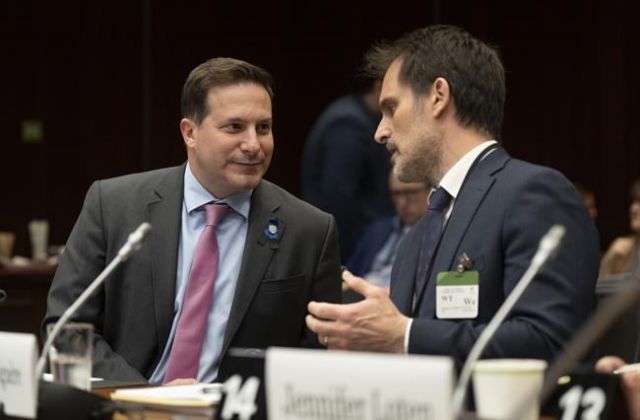
Canada’s Public Safety Minister, Marco Mendicino, has rejected calls for a blanket exemption to terrorism laws for humanitarian workers in places like Afghanistan. Mendicino testified before the House justice committee, discussing legislation he recently tabled that would amend the Criminal Code to allow Canadian aid workers to carry out their duties in areas controlled by terrorists without being prosecuted for inadvertently funding such groups.
This move comes over a year after Canada’s allies, including the U.S., U.K., European Union, and Australia, issued blanket exemptions for humanitarian aid workers to continue their work in Afghanistan in response to the Taliban’s violent takeover of Kabul in August 2021. However, Canada’s approach is different, as it requires aid workers to apply for exemptions on a case-by-case basis to help people in crisis in areas controlled by terrorist groups.
While many aid groups have welcomed the proposed changes, Doctors Without Borders has called for a blanket exemption instead, arguing that the legislation creates new bureaucratic hurdles and delays life-saving assistance. The group also expressed concerns about the potential for an uneven approach and the contradiction with the principles of independence and impartiality of humanitarian assistance under international humanitarian law.
Mendicino testified that Ottawa fears a blanket approach would risk greater abuse of the provision by terrorist groups, despite other countries issuing such exemptions. He stated that the proposed changes strike a balance by providing transparency and accountability while maintaining a sense of urgency in delivering aid to Afghanistan.
However, critics, including NDP foreign affairs critic Heather McPherson, argued that Canada is the only country putting up barriers for humanitarian organizations instead of making it easier for them to operate on the ground and help Afghans. McPherson expressed concerns about the amount of time it took for the government to craft a solution and suggested that aid groups feel pressured to support the legislation despite its shortcomings.
Senior bureaucrats also testified that a blanket exemption would not cover development projects such as running schools, but the exemptions process makes those activities possible. They argued that the proposed system provides flexibility and prevents the need for future revisions as the situation evolves.
Conservative international development critic Garnett Genuis questioned whether the exemptions would only apply to terrorist groups listed by Ottawa or other unlisted groups, and raised concerns about the navigability of the process for smaller charities. Bloc Québécois human rights critic Alexis Brunelle-Duceppe also highlighted potential delays in humanitarian responses to natural disasters in areas controlled by terrorists.
In the recent budget, the Liberal government earmarked funds for vetting applications for aid workers and issuing exemptions to terrorism laws, reflecting the urgent need for humanitarian assistance in Afghanistan, which is facing a severe humanitarian crisis with rising malnutrition and a collapsed economy. Aid groups, such as World Vision Canada, have noted that existing laws currently bar them from collecting much-needed donations from the public for their work in Afghanistan.